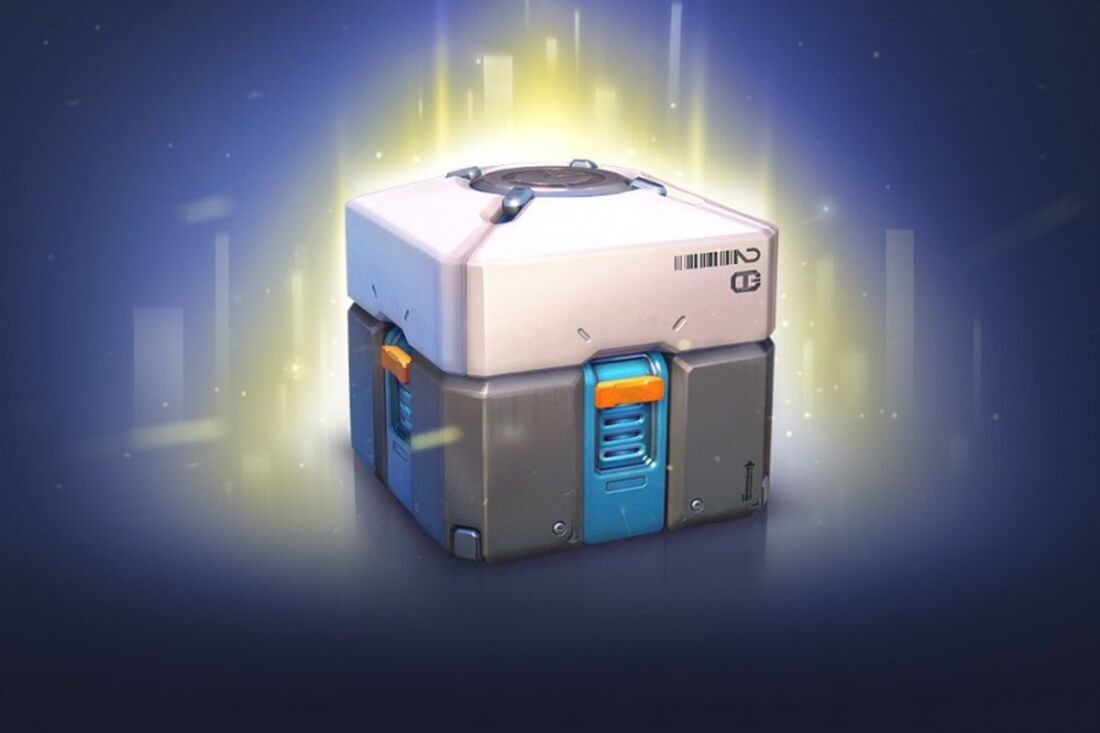The presence of "loot box" microtransactions in singleplayer and multiplayer games has been a hot-button issue as of late, for gamers and publishers alike.
On one hand, publishers are naturally obligated to turn a profit for their shareholders if they're a public company. On the other hand, gamers and several government agencies alike consider these randomized reward systems to be little more than gambling.
The most notorious example of loot boxes gone wrong lately arguably came with the launch of Star Wars: Battlefront II.
In the game, players were able to purchase loot boxes with real-world money (by proxy - players first needed to purchase in-game currency) and open them to receive randomized, gameplay-affecting rewards.
For example, one of the possible loot box rewards – dubbed Star Cards – gave playable heroes special abilities, stat bonuses and more. Following massive mainstream attention and fan backlash, publisher EA and developer DICE backtracked, eventually eliminating the boxes altogether and reworking Battlefront II's progression system.
Despite this, however, it sounds like Electronic Arts plans to continue including them in their future games in some form. This information comes via a recent investors call with company CEO Andrew Wilson.
"We're always thinking about how to deliver these types of experiences in a transparent, fun, fair and balanced way for our players..."
"We're always thinking about our players," Wilson said. "We're always thinking about how to deliver these types of experiences in a transparent, fun, fair and balanced way for our players. And we'll communicate with regulators around the world on it."
Wilson doesn't believe that all loot boxes are gambling, due to the fact that EA's games – specifically FIFA Ultimate Team (FUT) – always make it clear how many items a player is going to receive in a given box.
Only time will tell if government agencies in some of EA's biggest markets, such as the US, concur with EA's analysis.
